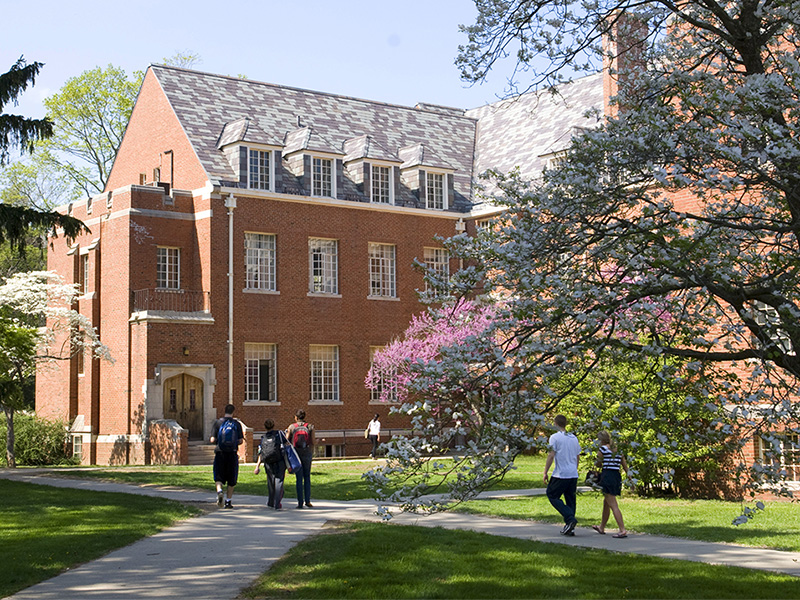
The Department of Human Development & Family Sciences (HDFS) focuses its research, teaching, and public engagement on a multidisciplinary understanding of 1) healthy development and wellbeing of individuals and families over the lifespan, 2) interactions and processes within families, and 3) individuals and families in societal and cultural contexts. We are committed to excellence in research, teaching, and public engagement through our core values of individualized mentoring, innovation and leadership, diversity and equity, and applied/translational science.
Areas of Study
Faculty, graduate students, and undergraduate students are actively engaged in the following inter-related areas of study:
- Child and Adolescent Development
- Adulthood, Aging, and Gerontology
- Couples, Parents, and Families
- Health, Wellbeing, and Prevention
- Diversity and Culture
Undergraduate students receive a Bachelor of Arts degree in HDFS. The HDFS major is offered at the main campus in Storrs, and at regional campuses in Hartford, Stamford, and Waterbury. Learn more about our HDFS Undergraduate program and our Honors Scholar Program.
Graduate students can earn a PhD and/or a Master’s Degree in HDFS. Learn more about areas of specialization within the Graduate program.
The Department is home to the following centers:
- Child Development Laboratories (a model early childhood care and education program and early childhood teacher preparation site)
- Center for Applied Research in Human Development
- Center for the Study of Culture, Health, and Human Development
- Rohner Center for the Study of Interpersonal Acceptance and Rejection
HDFS Faculty are also involved in other centers across the University, including the Institute for Collaboration on Health, Intervention, and Policy (InCHIP), and the Rudd Center for Food Policy and Obesity.
HDFS is in the College of Liberal Arts and Sciences (CLAS), which is home to 24 departments spanning the life, physical, and social sciences, and the humanities. The College forms the academic core of learning and research at UConn, empowering students with broad knowledge, transferable skills, and an ability to think critically about important issues.
The University of Connecticut is ranked the best public university in New England and among the Top 20 public universities in the U.S.